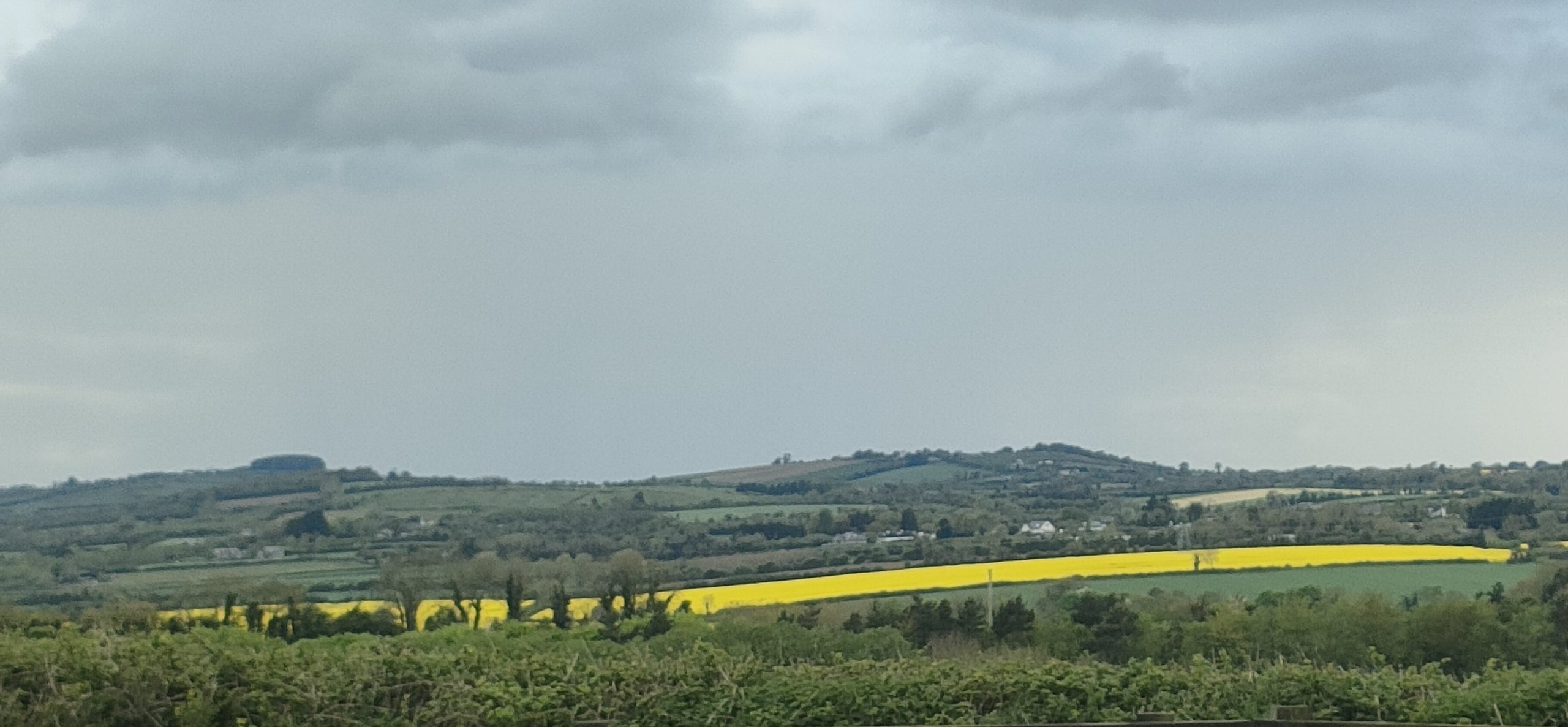A move in the right direction to more nature-friendly farming

Ciaran Brennan
Europe has taken a step towards a more sustainable and fair agriculture system that will work with and for nature with the publication of the final report from the Strategic Dialogue on the Future of EU Agriculture.
Presenting the report to Ursula von der Leyen, President of the European Commission, Chairman of the Dialogue Professor Peter Strohschneider said the report, agreed by a range of stakeholders, including environmental NGOs, farmers’ unions and industry representatives, forms a holistic and societal approach to addressing the EU’s environmental, climate, economic and socio-political goals.
The report is clear that the time for change is now, highlighting that farmers are among the first to fundamentally feel the effects of the climate and environmental crisis, but at the same time, unsustainable agricultural structures and practices themselves contribute to these crises.
Business as usual, be it economic, social or environmental, is not an option, the report warns, adding that bold and swift action at all levels is needed to advance towards more sustainable agri-food systems, address the current multiple crises (climate, biodiversity, nature, pollution, soil, health, geopolitics, energy and inflation) and build a new coherent system that reinforces the competitiveness and profitability of the EU agrifood system, while improving its environmental sustainability.
Among the report’s recommendations are:
- A call for the establishment of a well-resourced nature restoration fund (outside of the CAP) to support farmers and other land managers to restore and manage natural habitats at the landscape level
- A Temporary Just Transition Fund should be established outside the CAP to complement support for the sector’s swift sustainability transition.
- CAP – the current policy needs to be changed to meet current and future challenges and to accelerate the ongoing transition of agri-food systems towards more sustainable, competitive, profitable, and diverse futures.
- A shift towards balanced diets that are healthier and more sustainable is essential for a successful transition. Improving dietary habits is necessary for consumer’s own well-being, for reasons of public health protection as well as for the benefit of the climate, the environment, animal welfare, and overall resilience of the agri-food system.
- The European Commission should ensure greater coherence between its trade and sustainability policy.
There is certainly a lot in the report that can unite environmentalists and farmers. The Environmental Pillar has been consistent in its calls for new funding in addition to CAP to empower farmers to restore nature, including through the implementation of an EU Nature Restoration Law. In fact, last April it welcomed the call from the Irish Farmers’ Association in its election manifesto for a separate EU environment fund, in addition to the CAP, to support environmental action on farms.
Birdlife European and Central Ariel Brunner welcomed the shift towards a more sustainable, resilient and equitable agricultural system in the European Union.
In a statement he said: “This agreement is not just a milestone, but hopefully a game-changer. After months of intense negotiations, we’ve finally reached a turning point where, despite the differing interests and politics, there’s a collective recognition that the status quo simply isn’t an option. The need for fundamental change has never been clearer, and this agreement signals a decisive move toward it. There is now a consensus for a just transition in farming, with a clear direction of travel in terms of funding nature restoration and agri-environmental measures, fundamental reorientation of farm subsidies, enforcement of environmental legislation, and policies to empower consumers rebalance their diets away from excessive levels of livestock products.
“The focus on supporting the viability of those farmers that actually need support and on the rights of farm workers producing our food, sends a powerful message: the ecological transition can and must be also an opportunity for social fairness.”
Writing on the social media platform X, Faustine Bas-Defossez, Director nature, health and environment at EEB said: “I had the privilege of being part of the Strategic Dialogue and must say that today’s results and recommendations collectively endorsed CAN set the way to the needed and urgent changes.”
But its now down to the European Commission to take on board and implement the recommendations.
“The Commission will now take a careful look at their ideas,” said Ursula von der Leyen, President of the European Commission. “We all want a thriving food and farming sector across our continent, that rewards our farmers, citizens and precious natural heritage.”
Ursula von der Leyen has previously committed to incorporate the recommendations of the Strategic Dialogue into the Commission’s workplan.
The IFA in its statement on the report said actions are needed to follow words in Strategic Dialogue on Future of Agriculture.
Not that they will find many in dispute on that point. On X, Dirk Jacobs, Director General of FoodDrinkEU, said: “Honoured to have been part of the Strategic Dialogue. It has been an extraordinary journey and I am glad we have reached a new narrative for EU agriculture and food. Now it’s time to move from words to action – all eyes on the next European Commission!”
Ariel Brunner said: “It’s encouraging to see that even the farm lobby has come around to the changes that must happen. We’ve known all along that this was the right path, and it’s heartening to see others waking up to that reality. This is a victory for our farmers, our environment, and our future- if politicians will have the courage and integrity to act on it.”
All eyes are now on the Commission – can it move in the right direction?







